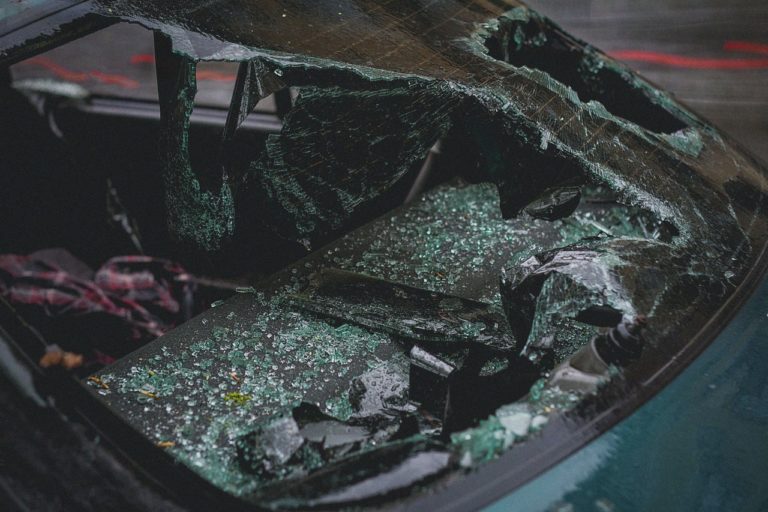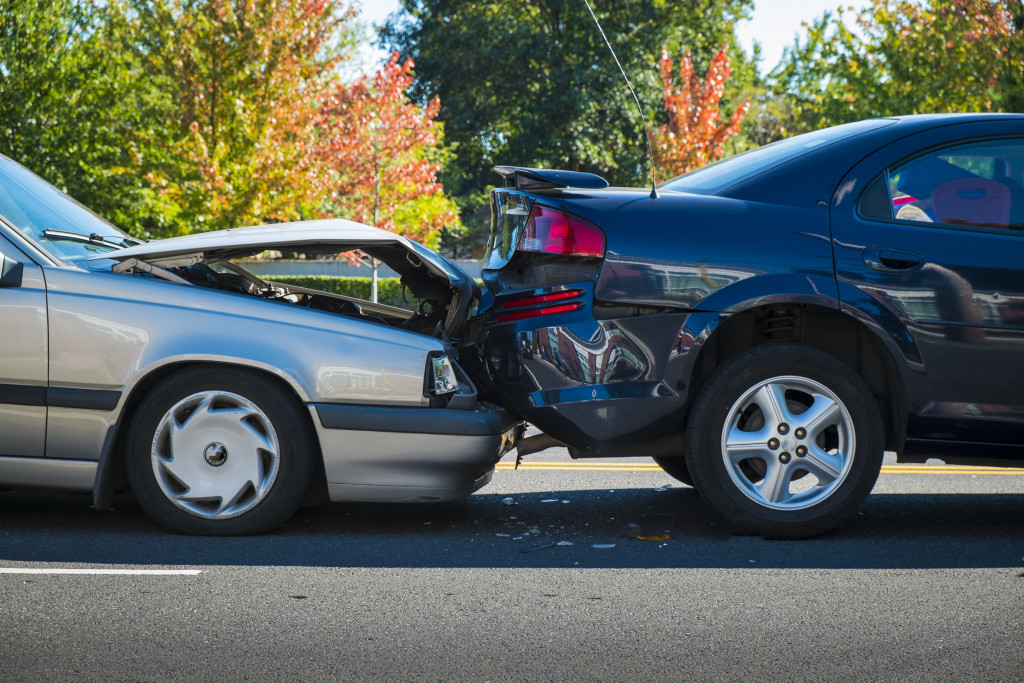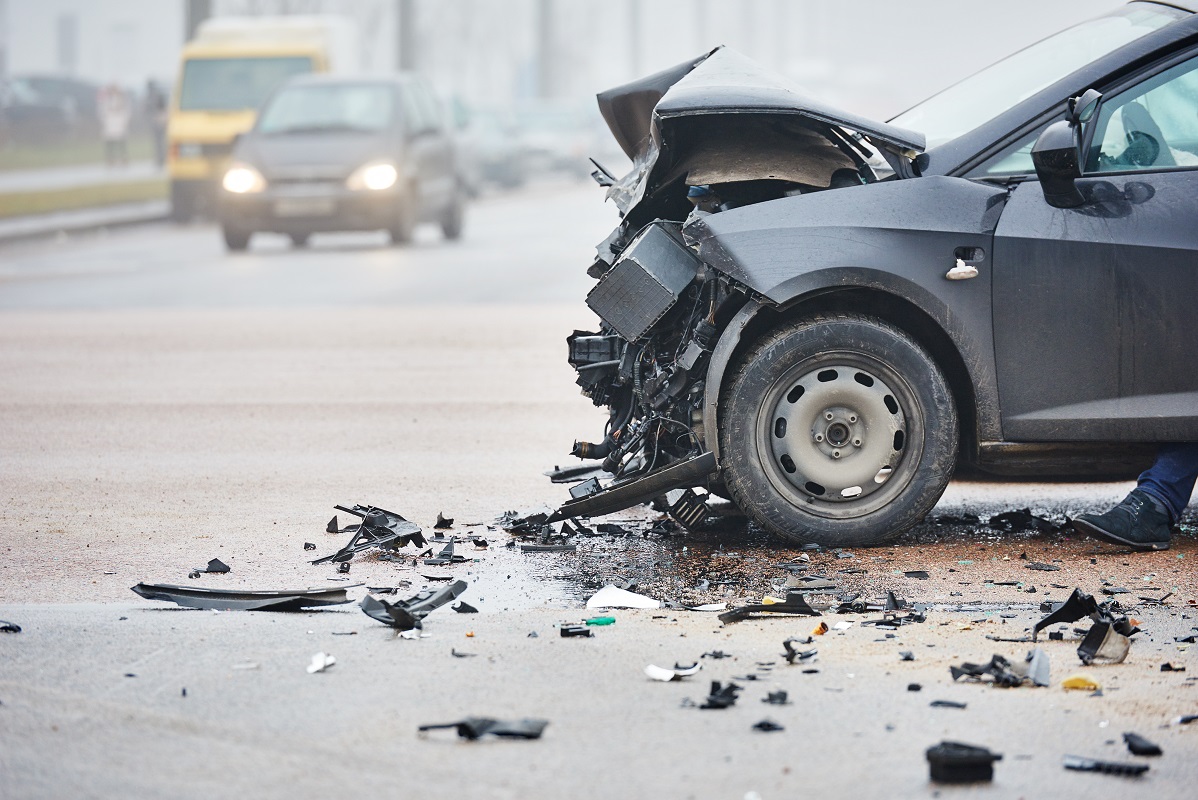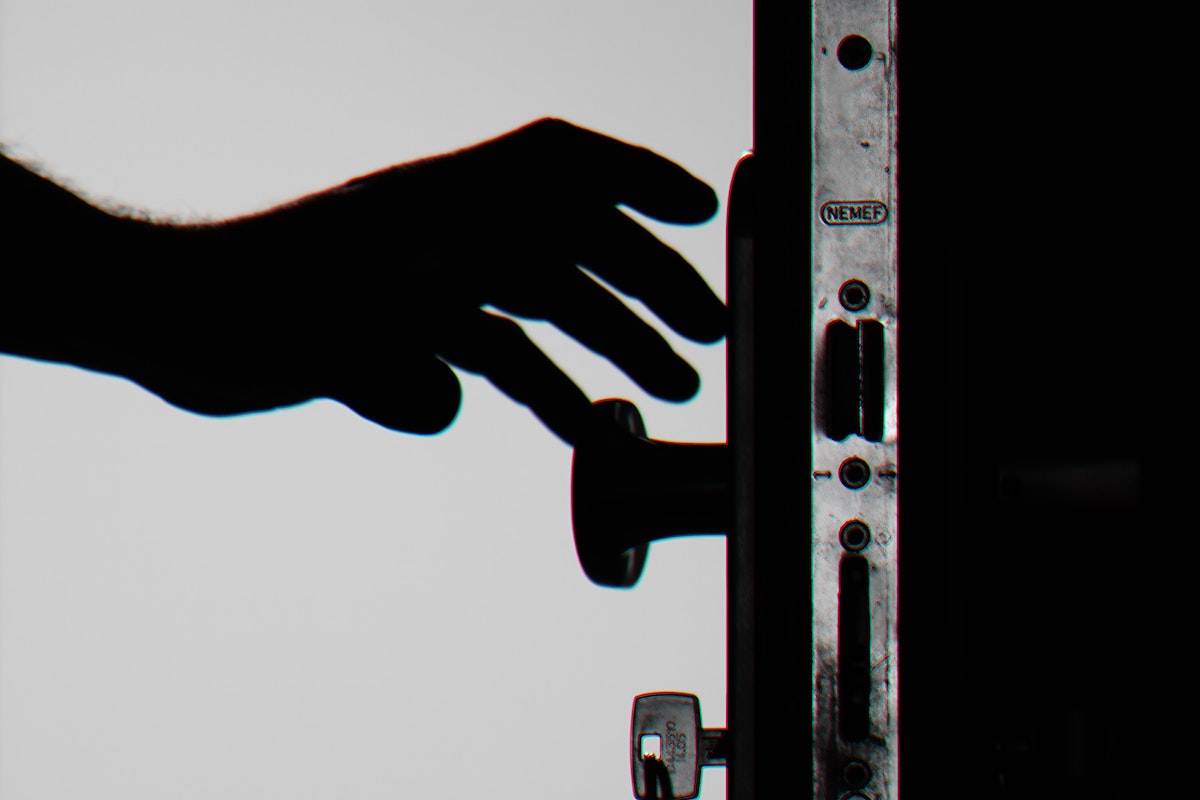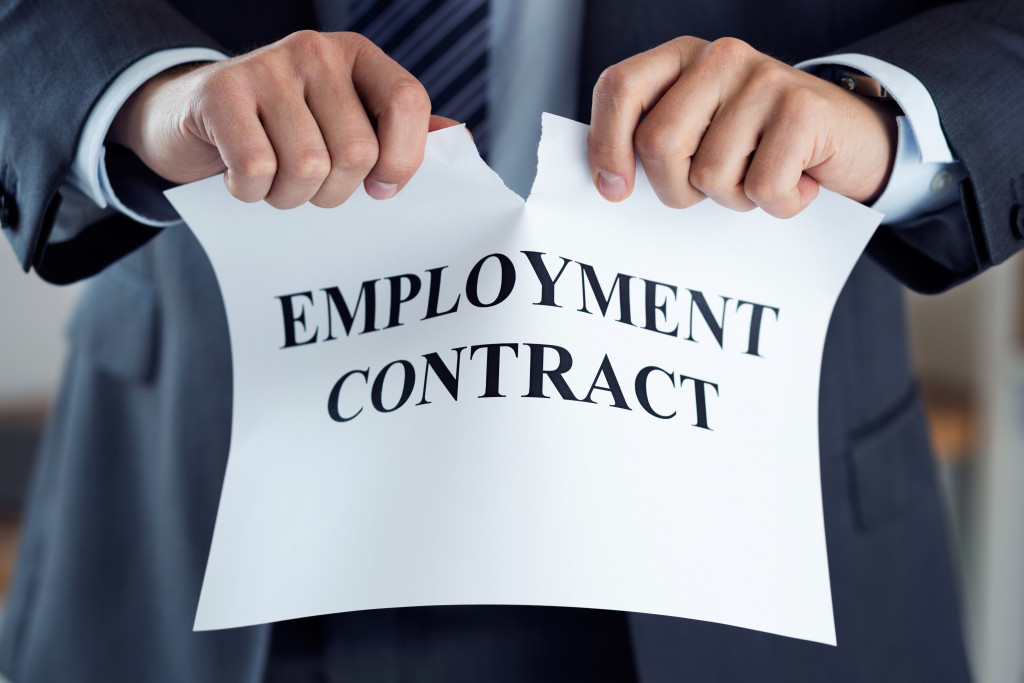Car accidents are such events that usually happen too fast for us to understand what’s happening in the spur of the moment. You are usually in shock after one, as is the other driver. But you need to think quickly, or you might be susceptible to further harm.
Here’s a step-by-step guide that’ll surely help you if you ever get into a crash and help you understand what are the legalities that revolve around it:
Inspect yourself for injuries and check on the well-being of your passengers
Before you rush to check on others, your first step should always be to check yourself to see if you have any injuries. If you are seriously injured, don’t move. Wait for the authorities to arrive.
You can’t help anyone before you help yourself. If you’re all good and can manage to move though, check the other passengers that were in the car. If they’re too hurt to move, call for help.
Move to a secure place
You need to act fast and get yourself off the road, where you’re vulnerable to further disaster. If your car isn’t in bad shape and can be driven, pull it over so it doesn’t become a hazard. If you can’t, leave it be and get yourself to the pavement or any place where there’s no traffic to avoid further accidents. Don’t stay on the road.
Contact the authorities as soon as possible
After you’ve taken immediate measures to guarantee your safety, call 911. Even if the crash wasn’t anything serious and nothing more than a little bump, calling the police is a legal requirement in most states. This can also prove to be an advantage when you’re dealing with the legal issues regarding the incident.
The police will file your accident report and the scene of the crash will be documented. You can also go to the nearest police station and file one yourself. This is an important step as when you file a claim with your insurance company, the police report may come in handy.
You can also document the crash yourself by taking pictures with your phone. These can help in legal proceedings.
Approach the other driver for information
Don’t ever admit fault for the accident. The adjusters will work out whose fault it was after examining police reports and photos.
You need to make sure the other driver involved in the crash gives you his/her information (and vice versa). You should ask for:
- Name & contact
- Driver’s license
- License plate number
- Insurance company + policy number
If there were any people who witnessed the accident happen, you should get their information too.

Should I Contact My Insurers?
It’s important to remember you and your insurance company want different things. They’re looking to close the case as quickly as possible. You’re looking for fair compensation for the accident.
When should I hire a lawyer?
You might not be suing the other person. This doesn’t mean a lawyer wouldn’t be helpful, though. They can help make sure that you get the required money from your insurers.
If you or anyone involved in the collision has suffered serious injuries (i.e. injuries that led to hospitalization or anything that’s permanent) it’s best to get an attorney involved. If someone has died, it’s especially important to involve a lawyer.
If a fault becomes an issue of dispute, if your insurance company hires a lawyer, or other vehicles/pedestrians are involved: these are all conditions you should secure a lawyer on. You should consider hiring an experienced car accident attorney, especially if any of the other parties hire one.
Your immediate response to a car accident should be to get yourself and your passenger to safety. Your next move should be to contact the authorities and file an accident report with the police as quickly as possible.
Approach the other parties involved in the incident and acquire the information that you need from them. Avoid talking about who’s responsible for the crash. If any party involves a lawyer, you should secure your own attorney too. Most importantly, try to avoid the hassle of a car accident altogether. Drive safe and make sure you follow all traffic laws.

